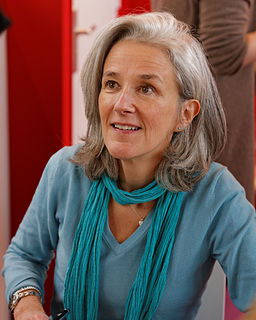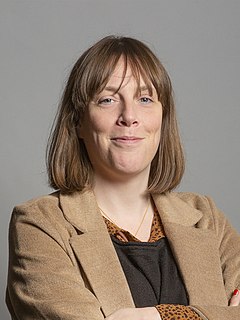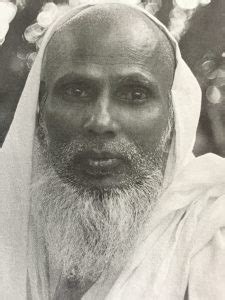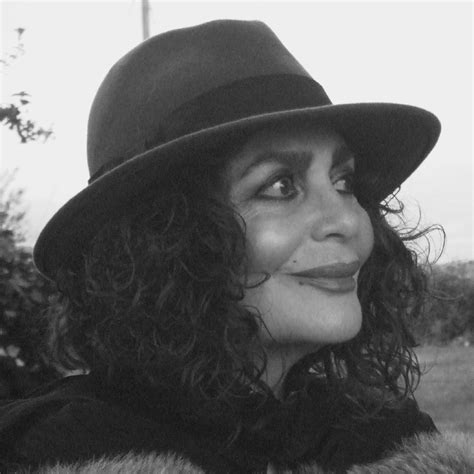A Quote by Margaret Atwood
Children were vehicles for passing things along. These things could be kingdoms, rich wedding gifts, stories, grudges, blood feuds. Through children, alliances were forged; through children, wrongs were avenged. To have a child was to set loose a force in the world.
Related Quotes
In 1990, when we started the Black Community Crusade for Children, we were always talking about all children, but we paid particular attention to children who were not white, who were poor, who were disabled, and who were the most vulnerable.Parents didn't think their children would live to adulthood, and the children didn't think they were going to live to adulthood. That's when we started our first gun-violence campaign. We've lost 17 times more young black people to gun violence since 1968 than we lost in all the lynching in slavery.
The girl wondered: These policemen... didn't they have families, too? Didn't they have children? Children they went home to? How could they treat children this way? Were they told to do so, or did they act this way naturally? Were they in fact machines, not human beings? She looked closely at them. They seemed of flesh and bone. They were men. She couldn't understand.
Like all Xhosa children, I acquired knowledge mainly through observation. We were meant to learn through imitation and emulation, not through questions. When I first visited the homes of whites, I was often dumbfounded by the number and nature of questions that children asked of their parents-and their parents' unfailing willingness to answer them. In my household, questions were considered a nuisance; adults imparted information as they considered necessary.
If I could be said to have any kind of aesthetic, it's sort of a magpie aesthetic - I just go and pick up whatever is around. If you think about it, the children were there, so I took pictures of my children. It's not that I'm interested in children that much or photographing them - it's just that they were there.
I don't think that there's a target audience at all. These stories were in circulation. The stories were told by men, told in the marketplace by men, but also behind doors by women, but there's no real record of this. It's likely they were told by women to children in their interior rooms. The story could be a negative story, they could be presented as a, "Watch out! Women will get round you, do things to you, weave you in their toils." It could be buried in it an old cautionary story about women and their wiles.
I believe it would be much better for everyone if children were given their start in education at home. No one understands a child as well as his mother, and children are so different that they need individual training and study. A teacher with a roomful of pupils cannot do this. At home, too, they are in their mothers care. She can keep them from learning immoral things from other children.
My loving children, my children who were created with God's beauty, my wise children, whatever difficulty you may have, do not ever leave His charge. Just as the prophets of God kept their faith firm and were tolerant in spite of the problems they had, no matter what difficulties you may experience, be tolerant, be forbearant and embrace all living things as your own life.
Children are happy because they don't yet have a file in their minds called "All the Things That Could Go Wrong." They don't have a mind-set that puts "Things to Fear" before "Things to Love." Unless we can be like little children, we can't enter into the kingdom of heaven; unless we can be like little children, we can't be happy. Children are happy because they don't have all the facts yet.






































